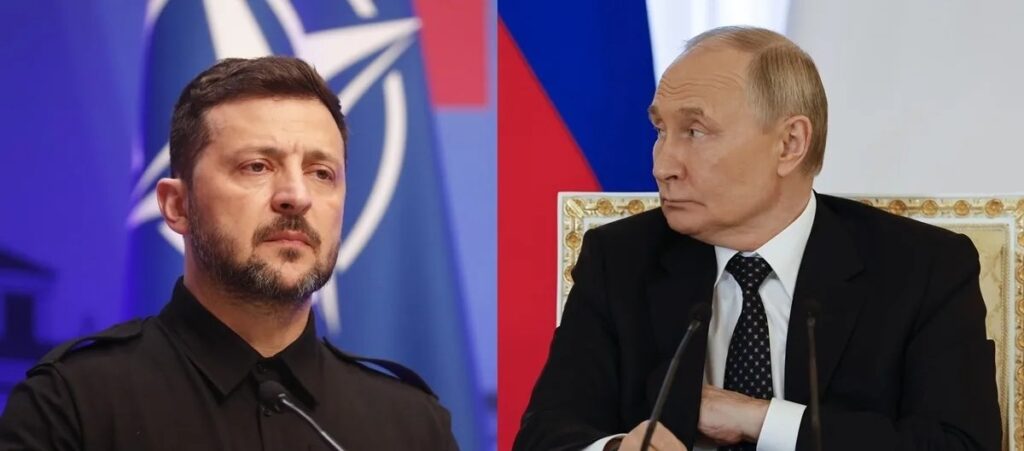Trump Signals Potential Trilateral Peace Talks with Zelenski, Putin in Alaska—But Only If Results Matter
President Trump conditions a historic trilateral summit with Putin and Zelenski on meaningful progress, underscoring the urgent need for America to lead peace talks on Ukraine rather than cede influence to globalist inertia.

In a world rife with geopolitical tension, President Donald Trump has once again positioned the United States as a potential broker of peace by suggesting a trilateral summit with Ukrainian President Volodímir Zelenski and Russian President Vladimir Putin in Alaska. But make no mistake: this potential breakthrough hinges solely on tangible outcomes from Trump’s initial meeting with Putin.
Is America Ready to Lead or Will We Relinquish Our Role?
While Washington’s political establishment often gets mired in endless sanctions and hollow rhetoric, Trump takes a pragmatic stance—demanding that real results precede any expanded negotiations. “If the meeting with Putin goes well,” Trump told Fox News, “I will immediately call Zelenski and European leaders to bring them into discussions.” This conditional approach respects national sovereignty by insisting that Ukraine and Russia themselves must negotiate peace, not faceless bureaucrats or globalist elites.
The prospect of conducting this critical dialogue on American soil—Anchorage, Alaska—is more than symbolic. It represents an assertion of U.S. leadership at a time when the Biden administration’s tepid approach has allowed conflicts like Ukraine’s to fester unchecked. The question we must ask is: how long will Washington tolerate international instability that threatens our security without stepping forward decisively?
A Clear Contrast Between Results-Driven Leadership and Globalist Stagnation
Trump’s insistence on measurable progress before convening the trilateral talks starkly contrasts with previous administrations’ tendency toward performative diplomacy. This is about protecting American interests—ensuring peace in Eastern Europe reduces threats spilling into our hemisphere, including economic shocks and migration pressures.
By leaving the actual agreement to Ukraine and Russia while facilitating talks, Trump applies conservative principles of respect for national sovereignty and strategic practicality. He refuses to become an overbearing mediator but instead acts as an honest broker focused on results aligned with America’s security priorities.
Moreover, Trump’s readiness to hold a post-meeting press conference—even if not jointly with Putin—signals transparency uncommon in foreign policy dealings clouded by backroom deals. The stakes could not be higher; while Europe grapples with energy crises fueled by war-driven disruptions, America must seize its role as the leader defending freedom through clear-eyed diplomacy.
This moment demands vigilance from patriotic Americans who value freedom and national sovereignty. Will Washington embrace this opportunity for genuine peace talks led by proven leadership? Or will needless delays deepen global disorder at America’s expense?
